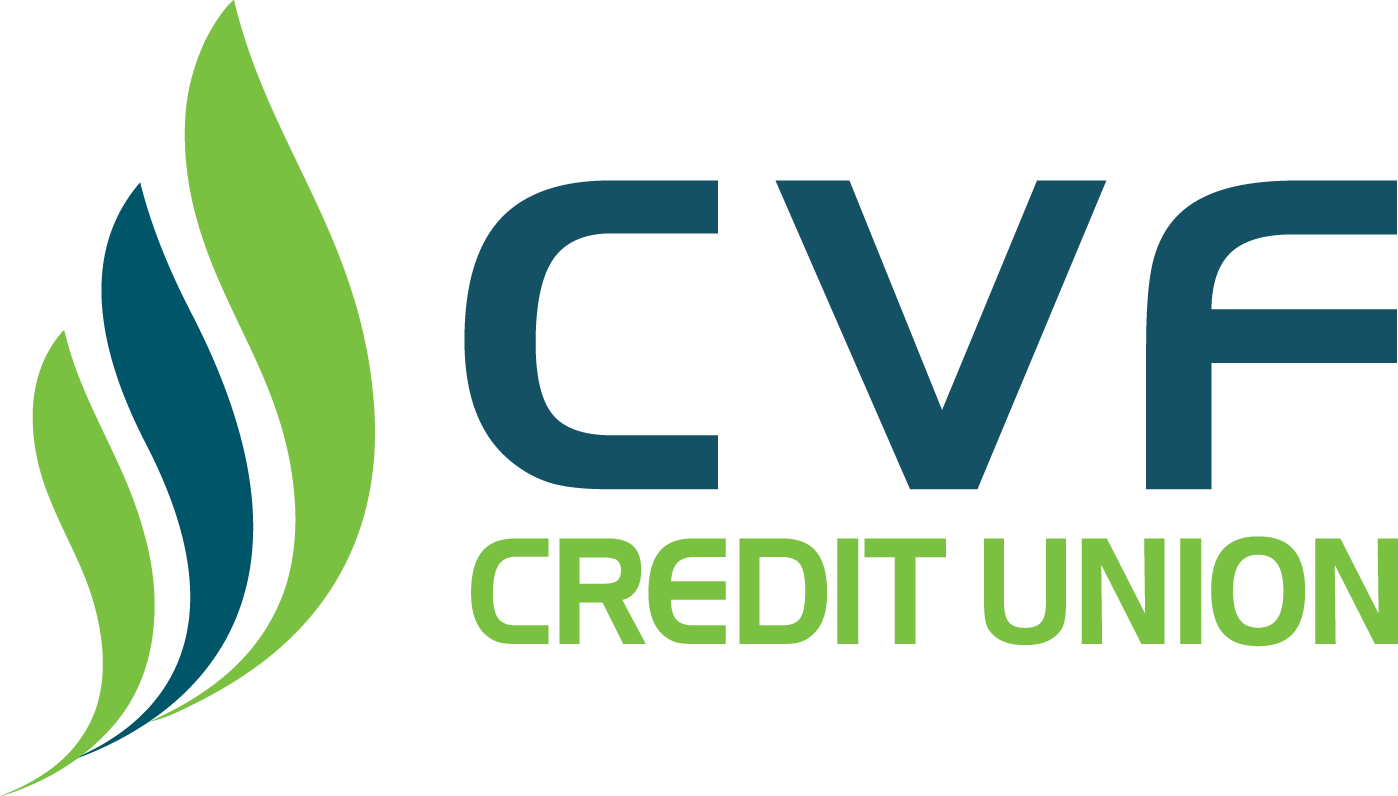
A Comprehensive Guide To Understanding Certificates Of Deposit
There are a plethora of investment options available, but one often overlooked is Certificates of Deposit. They are considered one of the safest investments since the United States government backs them. Before investing in a CD, it’s important to understand how they work and the different terms. This guide will take you through everything you need to know about CDs so you can decide if they are the right investment for you.
What are Certificates of Deposit?
A certificate of deposit (CD) is a type of savings account that offers a higher interest rate than traditional savings accounts. CDs have terms that range from a few months to several years, and generally, the longer the term, the higher the interest rate. One of the reasons CDs are considered low-risk investments is because they are FDIC insured up to $250,000 per depositor per bank. The annual percentage yield (APY) is what you earn in one year on a CD, considering the effect of compounding interest.
How Do Certificates of Deposit Work?
Opening a certificate of deposit is lending money to a financial institution for a set time. In exchange, the bank agrees to pay you interest at a fixed rate and to return your money when the CD matures.
How do CDs work?
- To open a CD, you usually need to deposit a minimum amount of cash, which can vary depending on the bank and the type of CD.
- Once your CD is open, you cannot make any extra deposits or withdrawals until it matures. Some banks may allow limited early withdrawal with penalties.
- When the CD matures, you can either cash out the CD and receive the original deposit plus any accumulated interest or roll over the CD into a new term.
Pros of Investing in a Certificate of Deposit
There are several benefits of a CD:
- Since CDs offer a fixed interest rate, they often provide a higher rate of return than regular savings or money market accounts.
- The fixed term gives you time to reach your goal, and the interest earned can add up quickly. Therefore, CDs can be an ideal way to save for specific goals, such as buying a home or preparing for retirement.
- You don’t have to worry about market fluctuations affecting the value of your investment. Your money is guaranteed to earn the agreed-upon interest rate, regardless of economic volatility.
Cons of Investing in a Certificate of Deposit
There are a few potential drawbacks to investing in a certificate of deposit.
- There may be a limit to how much money you can deposit. This can limit your earnings potential and make it difficult to reach your financial goals.
- You must keep your money in the account for a set period. This means you could miss out on better investment opportunities if markets change.
- Certificates of deposit offer lower interest rates than other asset classes, such as stocks, property, bonds and cash (or cash equivalents). Which means you may earn less money on your investment for the duration of the term.
Start Saving For Tomorrow With CVF Credit Union
In summary, a certificate of deposit is a savings account that pays a higher interest rate in exchange for your commitment to keeping the money in the account for a fixed period of time. Looking for short-term savings or long-term investments? Contact CVF Credit Union today and find out which savings options suit your needs.



